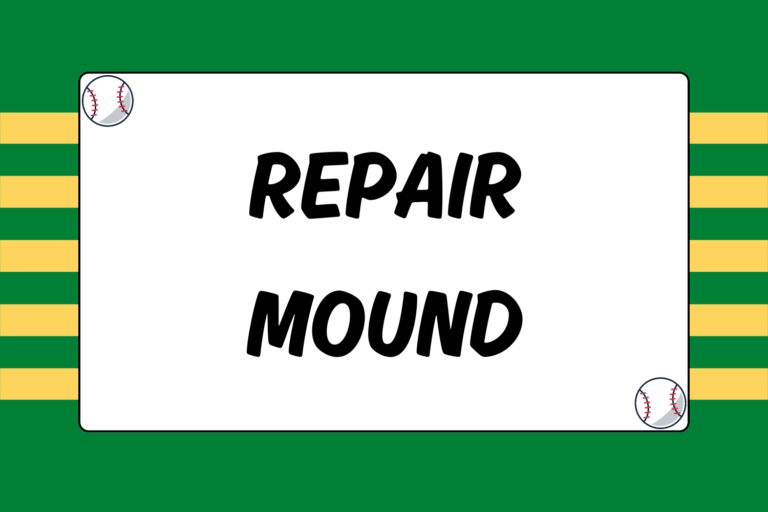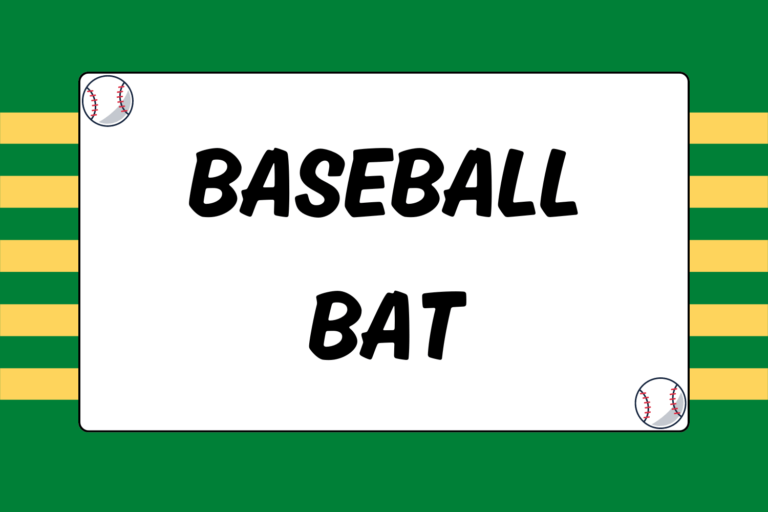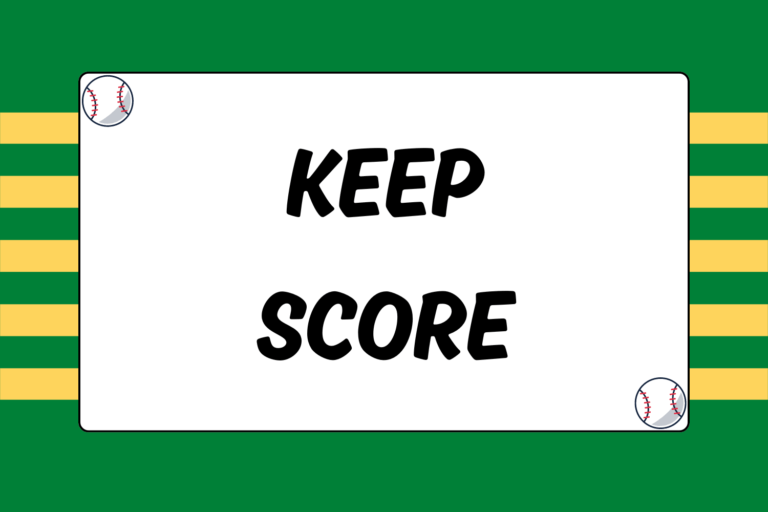Baseball is the perfect sport to enjoy in perfect weather. There’s nothing quite like lacing up your spikes and taking the field when the sun is shining, the sky is blue, and the thermometer reads about 75 degrees. Unfortunately, Mother Nature does not always oblige us with ideal playing conditions.
As with any outdoor endeavor, sometimes we have to hang tough through unpleasant weather for the sake of the game. Depending on where you live, extreme temperatures might be a regular occurrence. However, even locations with the most temperate conditions occasionally have to deal with severe weather.
Even the big leaguers are not immune; it’s not uncommon to see the temperature gauges reading over 100 degrees for a July game in Texas, or down near 40 degrees for an October game in Boston. Playing in extreme temperatures presents additional challenges, but it is also possible to use the weather to your advantage. Follow these guidelines, and you’ll be able to take care of your body and excel on the field no matter what the thermometer reads.
Playing in Cold Weather
Playing baseball when you can see your breath is all about finding a way to make yourself comfortable enough that you can focus on the game. In general, there are three steps you can take before a game that will put you in a position to master the elements.
Dress Appropriately
First and foremost, you should be wearing long sleeves underneath your uniform. The best undershirts for locking in body warmth are made from a stretchy, tight-fitting fabric that was first introduced by “Under Armour.” Many athletic apparel companies now sell similar shirts, which compress to your skin, and are ideal for cold-weather conditions. Depending on the severity of the cold, you may even consider wearing tights or compression pants underneath your baseball pants.
Unless you’re a pitcher (in which case it would be illegal), wearing a batting glove underneath your fielding glove is a good way to lessen the sting that comes from catching a baseball in the cold. Finally, make sure to bring layers. Stay warm during pre-game activities and in between innings by keeping at least one jacket or pullover handy. The warmer you can keep your body, the looser your muscles will be.
Stay Loose & Keep Moving
Baseball is a sport that requires a great deal of standing around, followed by quick bursts of energy and movement. Typically, pre-game stretching will get you appropriately loose for a game, but in the cold, your muscles are more likely to stiffen up. This increases your risk of injury, so take steps to prevent that by limiting the amount of standing around you do. Jog down to the foul pole and back between innings to stay warm, and give your arms and legs a quick stretch before going up to bat or out to play the field.
Hot Tip: Cold-Blooded
Three tips for pitching in extreme cold:
- Always wear a jacket between innings and when your team is batting, and keep your hands as warm as possible.
- Work quickly on the mound. Your freezing teammates will appreciate a brisk tempo.
- Pitch inside! The batter is just as cold as you, and if he fouls a fastball off the fists, he won’t be very excited to swing at the next one.
Be Mentally Tough
Playing in extreme cold is a good indicator of a ballplayer’s toughness. Remember that the cold is affecting everyone else on the field, as well; no one has an advantage. So give yourself the advantage by training yourself to block out the elements. You can intimidate your opponents if they see that you look comfortable in the field, and that you’re not bothered by taking a ground ball off the chest or getting jammed by a pitch. Keep your mind active, keep your focus on every pitch, and constantly hustle around the field. Before long, you won’t even notice the cold.
Playing in Hot Weather
Since baseball is usually a summer sport, playing in extreme heat is a more frequent occurrence than playing in extreme cold. Unless you’re properly prepared, the heat can be far more dangerous than cold weather. Here are three ways to circumvent the affects of a sweltering sun.
Dress Appropriately
There’s only so much control you have over your uniform, and you’re going to have to wear baseball pants whether you like it or not. Hopefully your team’s jerseys are made from a light, breathable material. If you’re not so lucky, try to wear an undershirt that will make you most comfortable in the heat. The same stretch-fit shirts that insulate body heat are also designed to lock in moisture and cool the skin. However, many players prefer to let their skin breathe by wearing light undershirts and minimal layers.
In addition, part of dressing properly is protecting yourself from the sun. If you’re going to spend the afternoon roasting in left field (or any other position), sunscreen is a must. Use it on your face, ears, neck, and arms to prevent sunburn.
Stay Hydrated
When the temperature is up near the triple digits, baseball players can be at serious risk of heat exhaustion. What’s more, you may not even realize that your body is overheated or dehydrated until you start to feel dizzy – and you don’t want to get to that point. The best way to prevent heat exhaustion and maintain the ability to play your best is by diligently hydrating your body. Make sure you have a good meal before the game, and drink plenty of fluids. Then, once you start playing, you should be drinking water every inning. Your body uses these liquids quickly in extreme heat, so you need to constantly replenish.
Stay Out of the Sun
Even if you stay properly hydrated, your body still takes a beating from prolonged exposure to an oppressive sun over the course of a game. Take every opportunity to rest, sit down, and get yourself into the shade if possible. Have a wet towel handy to cool you down between innings, and don’t exert yourself more than necessary. You should always hustle on the baseball field, but when it’s excessively hot, you also need to be smart and give your body a break.
If you start to feel faint, or get muscle cramps or a headache, you may be experiencing heat exhaustion and/or dehydration. If this happens, sit down, drink some water, and take yourself out of the game if the situation is really serious. Nothing is more important than your health.
Respect the Elements
Part of being a great baseball player is developing a supreme confidence, which may even border on cockiness at times. But we would be foolish to believe that the weather cannot impact us on the field. Playing in extreme temperatures requires mental toughness; that is, the ability to block out certain levels of discomfort and focus entirely on the game.
But we still need to respect Mother Nature, and that means taking precautions when playing in extreme temperatures. Regardless of the conditions, be sure to dress appropriately and take care of your body. Then nothing will keep you from playing your best … unless, of course, the game is rained out!





